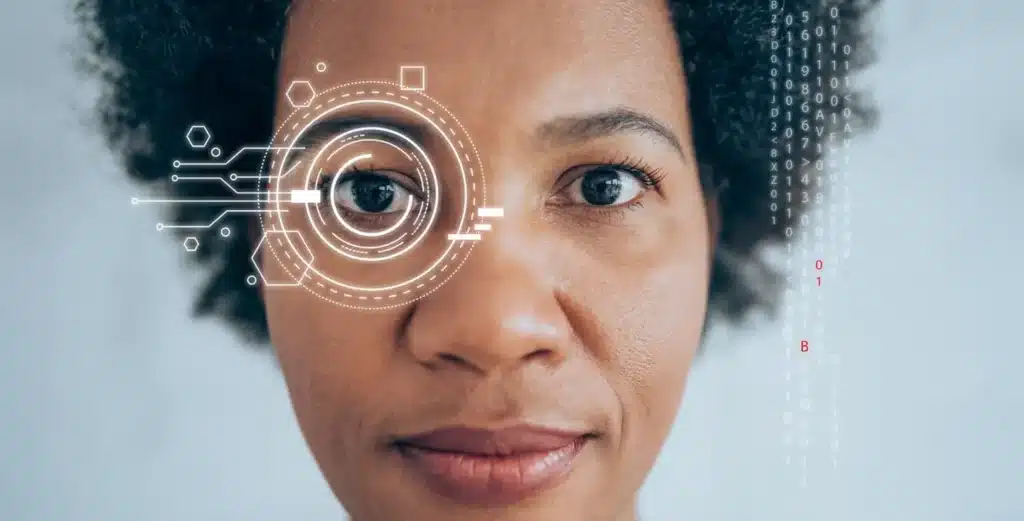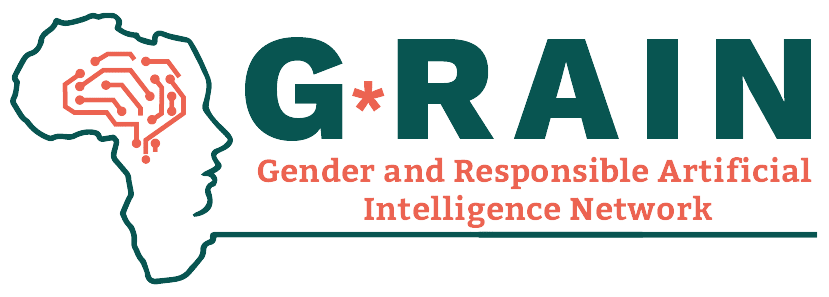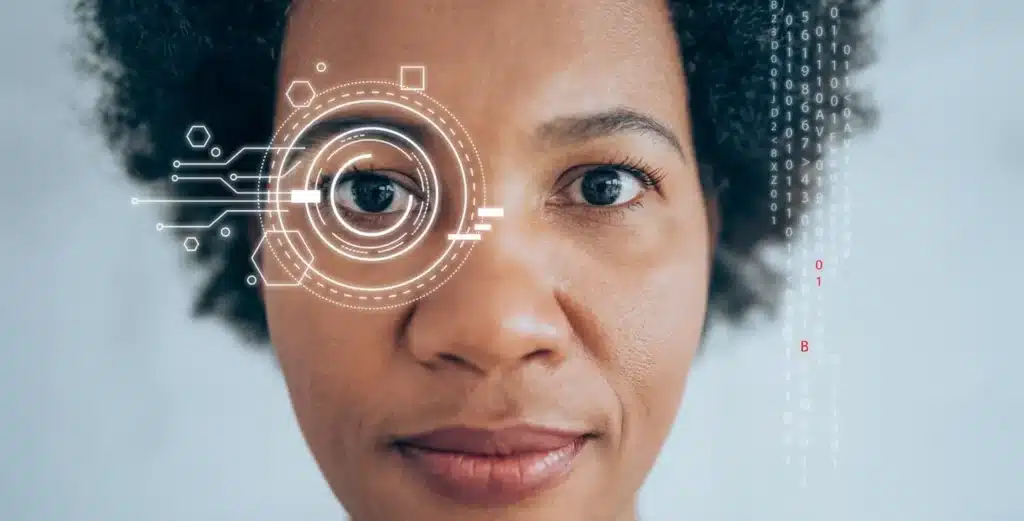By Fauziya Ali
If the future of AI in Africa is to be one of empowerment, inclusion and peace, it must be designed with women, from the outset and not as an afterthought.

Recently, in a sun-drenched co-working space in Nairobi, I watched Claudine, 23, type lines of Python code on her laptop, concentrated, while mentors circulated between the rows of students.
What struck me was not just the code, but the quiet confidence that reigned in the room, the energy of women deeply committed to building something bigger than themselves.
This is one of the many lasting impressions I have gained from my visits to technology hubs across the continent, where African women are not just adapting to the digital age: they are actively shaping it.
Claudine is part of a new cohort of women involved in initiatives to train African women in artificial intelligence and cybersecurity.
For her, it's not just a set of skills. It's a lifeline.
Across Africa, I have met women who have found economic opportunities in outsourced digital activities such as customer service, data tagging and transcription.
These flexible, remote roles have provided essential income in communities where formal employment is often limited or non-existent.
A discrete change is underway.
According to findings presented at the Global AI Summit in Kigali and reported by the Associated Press news agency, automation is about to disrupt precisely these roles.
The impact will not be felt uniformly. Women, particularly those in the digital economy, are disproportionately at risk.
Claudine's story raises a broader question that I often ponder: as Africa embraces the fourth industrial revolution, will AI widen the gap for women or help to narrow it?
Signs of hope
Microsoft, for example, has pledged to train one million South Africans in AI and cybersecurity by 2026, according to Reuters.
And in laboratories and policy circles across the continent, African researchers are leading important discussions on the ethical governance of AI-discussions that must continue to put women at the centre.
Beyond the continent, there are patterns to be observed.
The development of DeepSeek R1, an advanced AI model built for just $5.6 million, has become a case study in how powerful systems can be developed outside Silicon Valley.
A recent briefing from the Carnegie Endowment highlighted its potential for emerging markets, suggesting that locally relevant AI doesn't need a multi-billion dollar budget.
Africa's challenge is not ambition or talent - it's access.
But even that is beginning to change.
The deployment of Starlink satellite internet in rural areas is connecting thousands of people for the first time. This connectivity, combined with AI tools, is making it possible to diagnose diseases and crops on Kenyan farms and provide personalised learning in Ethiopian classrooms.
Does the emerging future affect everyone?
However, technology alone is not enough. Inclusion requires intention.
Researchers and advocates have long warned about algorithmic biases and how systems can unwittingly reproduce the exclusions we have spent decades trying to correct.
For African women, whose realities are often absent from training data sets, the risks are real.
That's why I believe that our investments must go beyond infrastructure.
We need to invest in people.
Governments, businesses and civil society must work together to fund education, strengthen regulatory frameworks and integrate gender equity into every phase of AI deployment.
Safety issues
But it's not just about jobs and the economy. It's also about safety.
When women lose digital livelihoods to automation, the repercussions are not just financial.
I have seen how economic instability can turn into vulnerability, creating openings that are exploited by conflict actors and extremist groups.
In fragile regions, women who cannot support themselves are more likely to be recruited, radicalised or drawn into trouble. Equipping them with the right skills for the future is not just good policy. It is a form of peace-building.
As women become more involved in the digital economy, their safety must be a priority.
I have spoken to women who have experienced online harassment, surveillance and data breaches, often without recourse.
Gender-sensitive digital security frameworks are essential to ensure that online participation does not come at the expense of safety or dignity.
AI is also increasingly being integrated into national security systems such as border control, surveillance and predictive policing.
But these systems are based on data sets that often do not reflect African realities, let alone those of women.
Facial recognition technologies, for example, misidentify women of colour at disproportionately high rates.
Inaccurate AI systems don't just make mistakes. They have real consequences: abusive surveillance, exclusion and even rights violations.
Gender-sensitive programmes and algorithms
That's why ethical safeguards are non-negotiable.
We need inclusive data, transparent algorithms and gender-sensitive testing protocols built into every national AI strategy. Without them, the systems that are supposed to protect us could instead cause harm.
AI also has a role to play in peace-building itself.
Studies show that women are crucial players in conflict prevention and peacekeeping.
By training women in AI and digital storytelling, we are giving them the tools to counter extremist narratives, participate in policy-making and contribute to social cohesion.
I saw the power of women to shape narratives, using digital platforms to amplify community voices and challenge the roots of divisions.
Back in Nairobi, Claudine smiles as her script is compiled.
She may not see herself as part of a revolution, but she is part of it. Like millions of women across Africa who are learning, building and leading.
The future of AI on this continent is not a distant prospect. It's already here, coded line by line in co-working spaces, classrooms and living rooms. If the future of AI in Africa is to be synonymous with empowerment, inclusion and peace, it must be written with women in mind, not as last-minute participants, but as full-fledged members of the pioneers of the emerging future.
The author, Fauziya Ali, is president of Women in International Security Horn of Africa (WIIS-HoA). She is an expert in human security, gender and AI. X account: @FauziyaAAli
Disclaimer: The opinions expressed by the author do not necessarily reflect those of TRT Afrika.
Source : https://trt.global/afrika-fran%C3%A7ais/article/c7b01dbf5ea3
Not that long ago, people lived and functioned in tight communities. Every vendor knew their customers personally and could make...
This Machine Learning Glossary aims to briefly introduce the most important Machine Learning terms - both for the commercially and...





